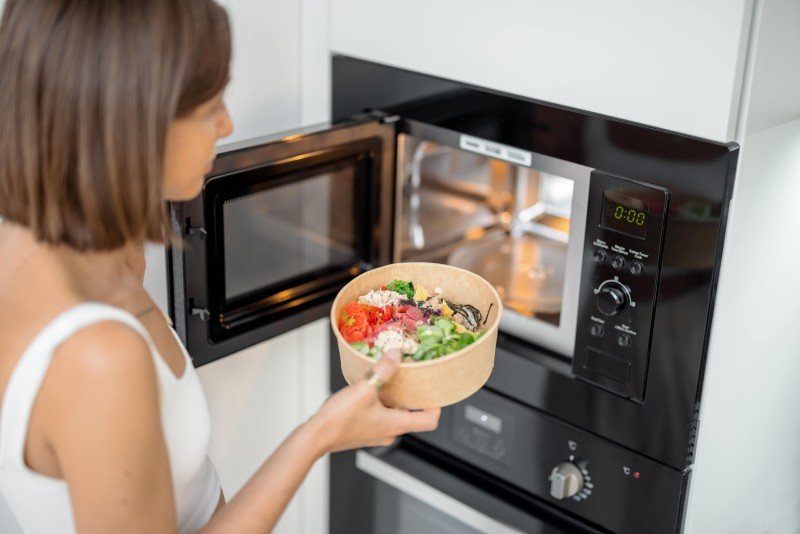Five Things You Didn't Know About Hob And Oven

Understanding Cooker Hobs and Ovens: A Comprehensive Guide
In modern cooking areas, cooker hobs and ovens are basic home appliances that define cooking practices and choices. Picking the ideal combination of these devices can considerably improve cooking experience, enhance efficiency, and even raise home aesthetic appeals. This short article will explore various elements of cooker hobs and ovens, shedding light on types, functions, advantages, and upkeep ideas, while also dealing with typical inquiries.
Kinds Of Cooker Hobs
Cooker hobs can be found in different types, each with special features accommodating various cooking styles. Here's an introduction of the most typical types:
| Type | Description | Pros | Cons |
|---|---|---|---|
| Gas Hob | Uses burner for heating; offers instant temperature level control. | Immediate heat and exceptional control. | Requires a gas connection; may be less safe. |
| Electric Hob | Operates using electric coils or smooth surface area; heats up gradually. | Even heat distribution; easy to clean. | Takes longer to warm up; less control. |
| Induction Hob | Utilizes magnetic fields to heat pots straight, making it energy efficient. | Quick cooking; energy-efficient. | Requires suitable pots and pans; more costly. |
| Halogen Hob | Employs halogen bulbs for immediate heat; offers immediate temperature level adjustment. | Exceptionally fast heating; visible heat. | Consumes more power; may not equally heat. |
Selecting the Right Hob
When selecting a hob, think about the following aspects:
- Cooking Style: Do you choose the precision of gas, the benefit of electric, or the effectiveness of induction?
- Pots and pans Compatibility: Ensure your pots and pans work with the kind of hob.
- Kitchen Layout: Space and design typically dictate the kind of hob that fits your kitchen.
Types of Ovens
Similarly, ovens have evolved substantially, providing different cooking methods that can complement specific culinary styles. Here are the prevalent kinds of ovens:
| Type | Description | Pros | Cons |
|---|---|---|---|
| Conventional Oven | Standard baking oven that utilizes electric or gas heat from the top and bottom. | Versatile; great for baking. | Longer preheat and cooking times. |
| Convection Oven | Uses a fan to circulate hot air, allowing even cooking and quicker baking times. Distributes heat equally. | Faster cooking; even browning. | Somewhat more expensive; might dry food out. |
| Steam Oven | Cooks food utilizing steam, maintaining nutrients and wetness. | Much healthier cooking; retains food taste. | Takes longer to cook; more expensive. |
| Microwave | Uses electromagnetic radiation to heat food quickly. | Instantaneous cooking; suitable for reheating. | Restricted cooking techniques; may impact texture. |
Selecting the Perfect Oven
When selecting an oven, keep these consider mind:
- Cooking Habits: Are you a regular baker or most likely to reheat leftovers?
- Space Requirements: What are the measurements of your kitchen?
- Spending plan: Consider not just the purchase cost however also energy efficiency with time.
The Importance of Cooker Hobs and Ovens in Cooking
The right mix of cooker hob and oven can improve cooking skills, allowing food enthusiasts to experiment and develop a wide variety of meals. Here are a couple of reasons that these home appliances are vital:
- Efficiency: Modern hobs and ovens included functions that optimize cooking energy and times usage.
- Flexibility: Different cooking methods (bake, grill, roast, steam, and so on) expand the variety of meals one can prepare.
- Aesthetic Appeal: Stylish designs can raise the total look of a kitchen, making it both practical and inviting.
Frequently Asked Questions (FAQs)
1. What maintenance do cooker hobs and ovens need?
- Routine cleaning after usage to prevent accumulation.
- Regular checks for gas leaks (for gas hobs).
- Ensuring the electrical connections are protected.
2. Can I use any cookware on an induction hob?
No, induction hobs require ferrous cookware (i.e., magnetic) to function. ovensandhobs.uk suggests stainless-steel and cast iron work, while glass and aluminum pots may not.
3. How do I determine the ideal size oven for my kitchen?
Measure your readily available space and consider the volume of cooking you usually carry out. Standard ovens vary in size, and bigger models usually have extra features.
4. Are convection ovens better than traditional ovens?
It depends on personal choice. Stove use faster and more even cooking however may not be perfect for all baking dishes, particularly those needing specific temperatures.
5. What is the average life expectancy of a cooking hob and oven?
With proper care, both hobs and ovens can last anywhere from 10 to 20 years, depending on frequency of usage and maintenance.
Choosing the right cooker hob and oven not only improves the cooking procedure however can likewise redefine one's cooking experience. Comprehending the different types, their benefits, and maintenance will empower consumers to make educated decisions, making sure that their kitchen is equipped to handle meals from the easiest to the most sophisticated. Knowledge about the capabilities of these essential devices permits cooking imagination and efficiency, ultimately leading to a more enjoyable cooking journey.

